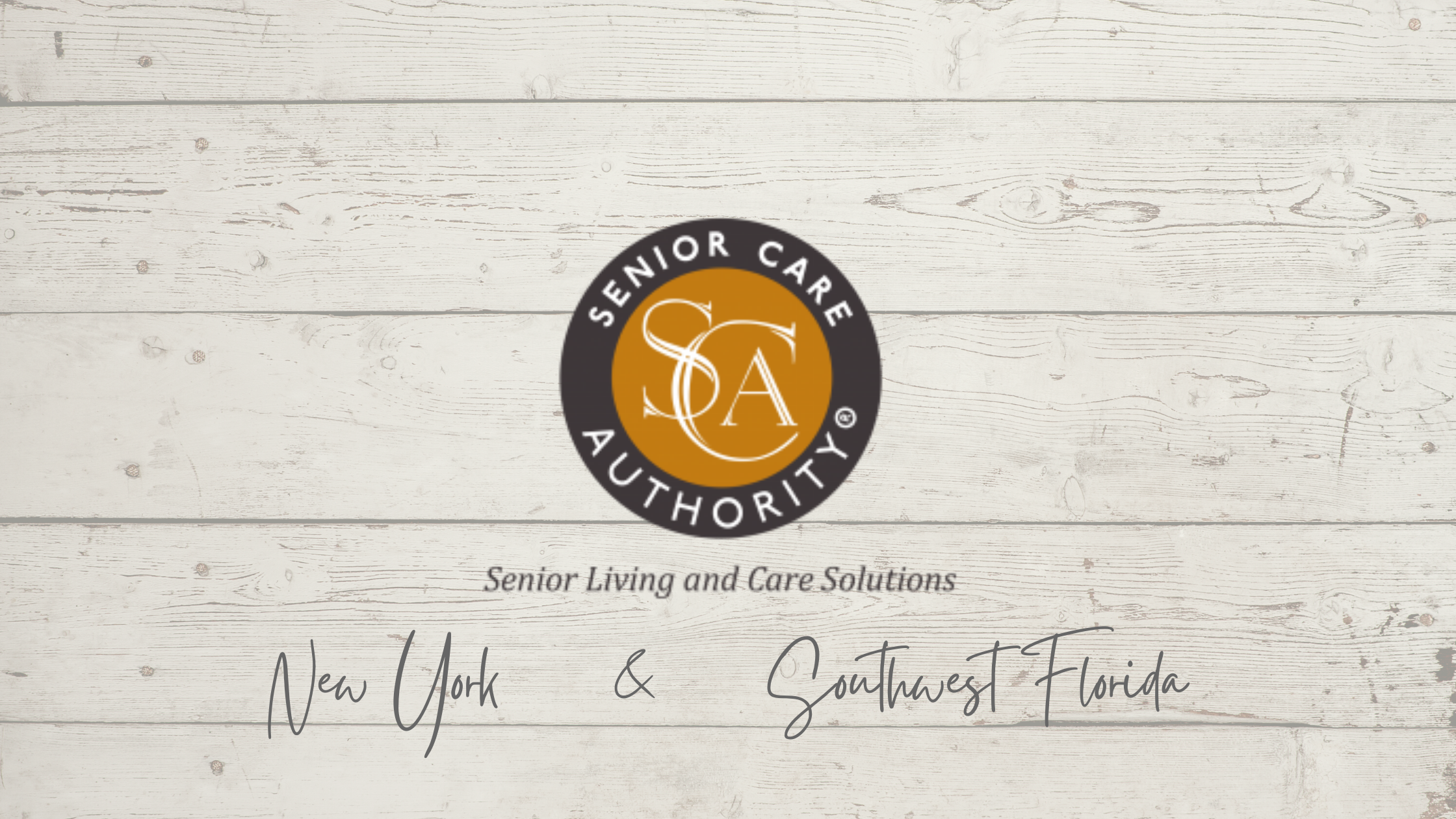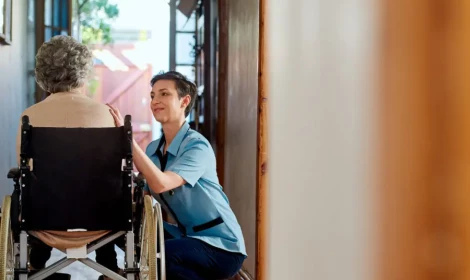Caregiving for a loved one can be deadly
Are you a caregiver for an elderly adult? Read these tips to keep yourself mentally and physically healthy.

Are you caring for a loved one with dementia or another disease - a partner, a spouse, a sibling, a parent, a child, a friend? You are not alone. Caregiving for the older population is time consuming, costly and can be deadly to the caregiver.

Whether you like Carole King or James Taylor, most of us know the words of this song by heart -
When you're down and troubled
And you need some love and care
And nothing, nothing is going right
Close your eyes and think of me
And soon I will be there
To brighten up even your darkest night
Facts and figures – By 2030, older Americans are expected to exceed 70 million. We are living longer. That can be good and bad. Not to be a Debbie Downer but, living longer can mean that those chronic conditions and a lifetime of unhealthy habits can catch up with us. The care for this population will fall on family and friends. These unpaid caregivers could be you and me. The caregiving situation is leading to a global crisis.
Let’s look at one disease that causes a heavy toll on society, Alzheimer’s. Currently, there are more than 6 million Americans living with this disease and the number by 2050 is expected to be 14 million. As of today, over 11 million people provide unpaid care for people with some form of dementia. This care includes over 15 billion hours of care that is valued at $257 billion. That is billion with a ‘B’.
A few more caregiver numbers – Close to 60% of the caregivers work full time – More than a third have children or grandchildren living at home – About 15% live over an hour from the person for which they care.
1.Watch what you eat- It may be hard to do this when you are caring for a loved one but if you can watch your diet and include your family in the planning and prep, it may be a little easier to get healthy eating into your routine.
2.Add exercise into your routine- You do not need to train for a marathon or begin to swim laps. Simply add a few steps into your daily routine. Try parking a little further away, or take the stairs instead of the elevator.
3. Keep your friends and family close- Social activity is incredibly healthy. Being alone and isolated is not about being physically removed from people but being mentally removed from people. You may be busy caring for someone, but put your friend on speaker phone and catch up on the latest gossip. Include your friends on your walks and in your meals. Play Words with Friends.
4. Finally, take a break and make sure you have help and support- You may feel like you made a promise to care for your partner in sickness and health. Remember that “caring for” is not the same as providing the care. You can fulfill all of your promises by hiring help, taking turns with other family members or even moving your loved one to a place that can provide the health care and support that they need.

There are countless support groups that meet virtually. It is a good time to vent a little bit or even cry and get some helpful tips for your caregiving journey. This journey, and the help that I found around me, is why I started my company in 2018 as my encore career. I can help you navigate the maze of caregiving. The first phone call is on me. Let me give you a helping hand and get you in the right direction.
Carole and James sang about being there for their friend. Remember that “being there” may not always be physical. Being there can also mean providing support and friendship while others do the heavy lifting. If you have the means to hire others to do the hard work, you can have the freedom and ability to provide support and love in the form of friendship and companionship. There are people out there to help you get through this.
This article was featured first on kuellife.com!
.





